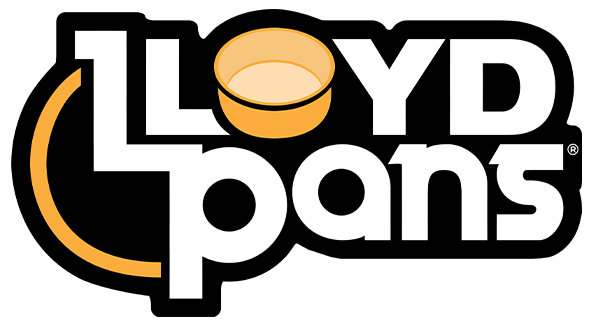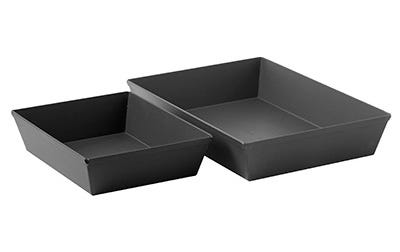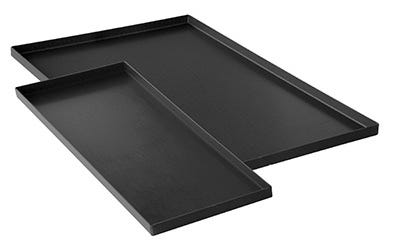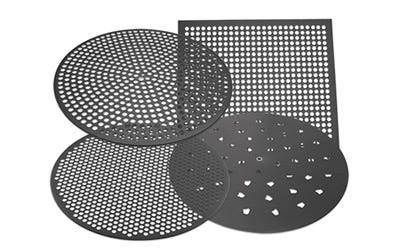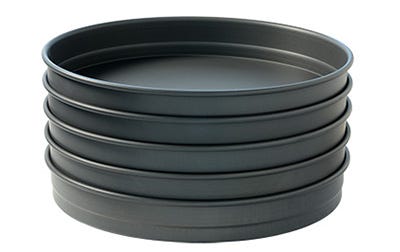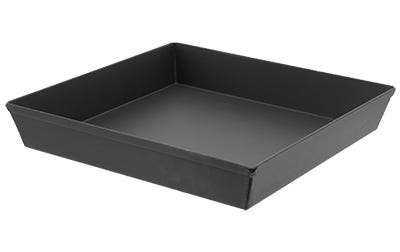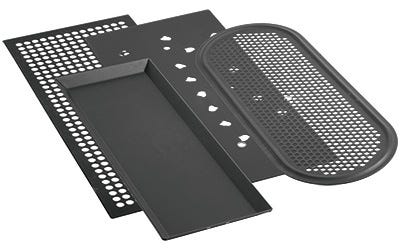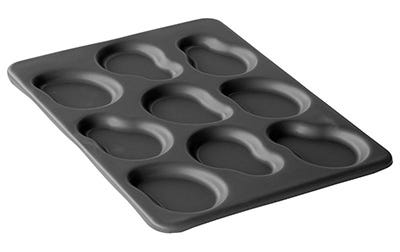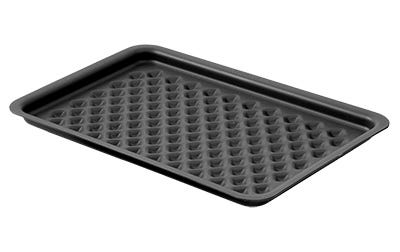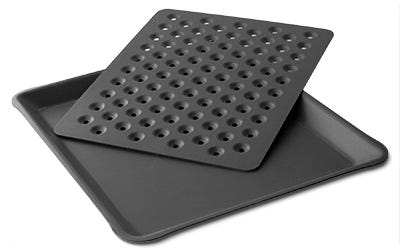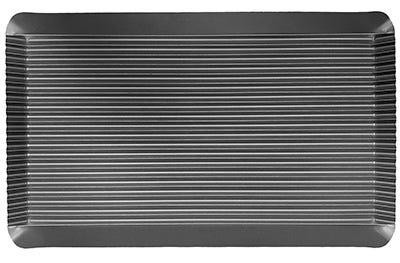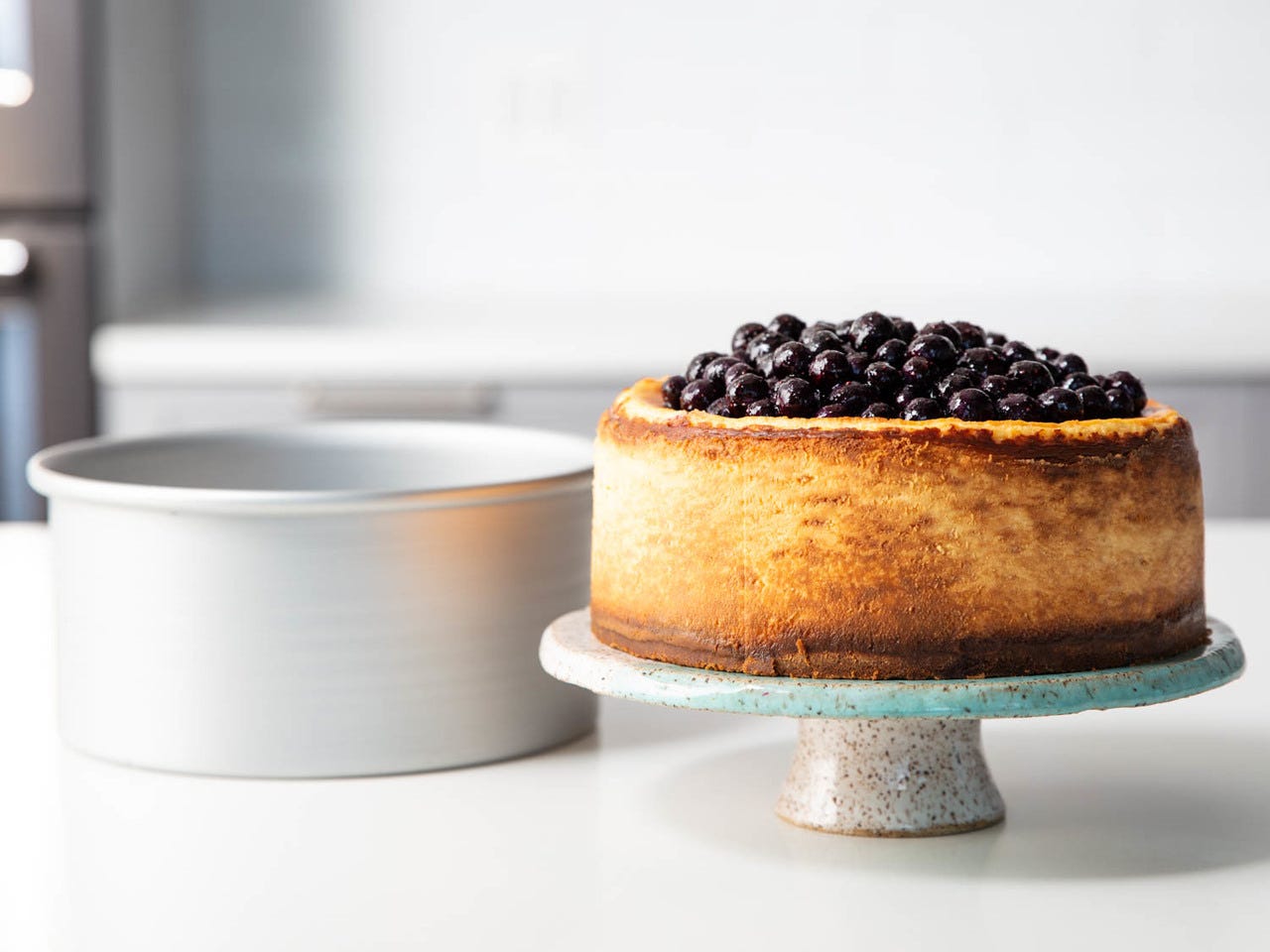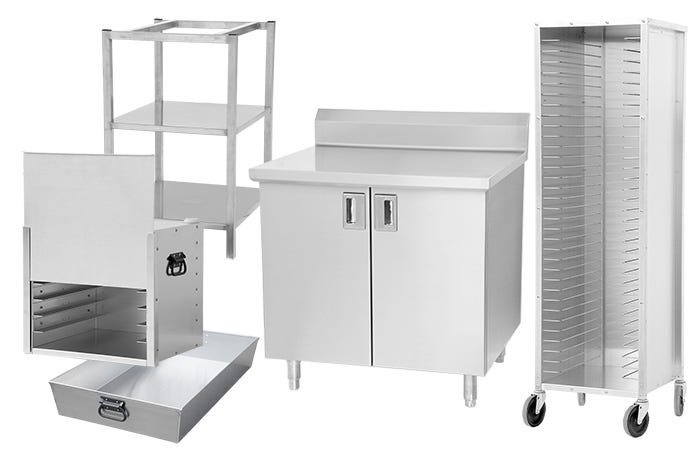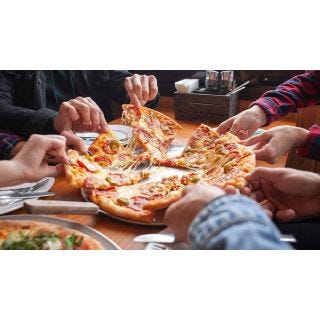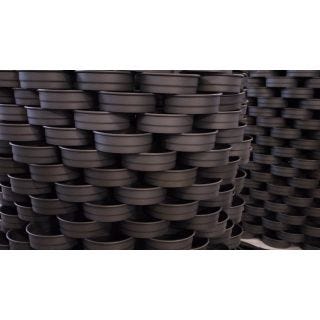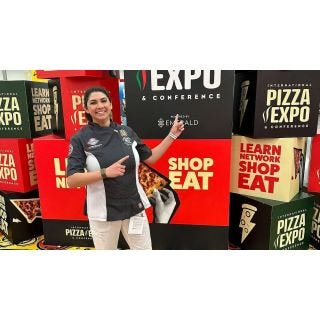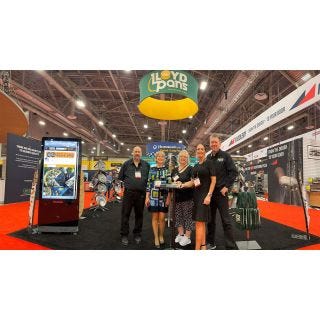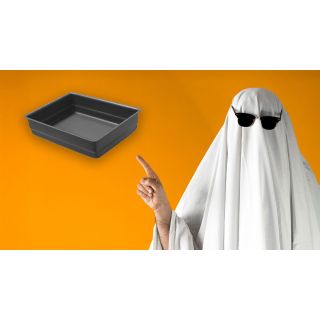One of pizza’s greatest attributes is that it’s the perfect food to share amongst friends. Eidref Laxa has taken that comforting approach and propelled it into a dream. In just six short years, Eidref has launched a mobile pizza catering business, interviewed countless podcast guests and won the inaugural Ooni Pizza Throwdown competition in the pan division (with a little help from LloydPans).
We turned the microphone over to the What’s Good Dough? entrepreneur and spoke with him about his rise in the pizza industry — which happened relatively from scratch.
Take us through the entrepreneurial mindset that got you to this point in your career.
In my late 20s, I felt really lost. I was working a job that I didn’t see myself fully pursuing long term. I was doing little side hustles, so I also had this thing about wanting to be my own business owner. I started falling in love with food — the whole idea of serving people — in 2018 during the Fourth of July. It felt great to prepare this whole feast of a meal for my family that brought people together. That was a lightbulb moment.
Then I thought, ‘What could I do in this space, and if I want to be serving food, what would I serve?’ Pizza has always been my favorite food, and one day when I spoke to my grandfather and my cousin, they thought having a pizzeria was a great idea — when I retired. Why wait until retirement? Let’s learn about the pizza industry now!
And then you got a second job at a pizzeria.
After my full-time job, so I was working 80 to 90 hours a week. It was exhausting, but it was so fun learning how to make pizza on the line. The owner welcomed me with open arms with no formal cooking experience. The dream was to have a pizza business without parameters. The same day I turned in my two week notice, I bought my first 50-pound bag of flour. I started making pizza at home, bought a pizza book and I just went at it.


Congrats again on the Ooni pan division win.
Ooni reached out to their ambassadors and said they were doing the first-ever Ooni competition in pan and traditional. I was hyped up. Why not? Let’s make history. At least I can tell my kids 20 years later I was there, right? I just love pan pizzas, and it ended well.
How did you decide what to compete with?
I talked to pizza competitors on the podcast, and I knew a couple of things. One, I'm not a chef, and so I decided to just source a bunch of ingredients, and two, I knew that I wanted to make my dough at home and bring it to Vegas because I had the most control here. Usually my dough is cold, fermented in the fridge. Then I thought, ‘What do I love to eat?’ My second favorite food is Nashville hot chicken. They have a Dave’s Hot Chicken in Vegas, so I started playing around with that, kale, slaw, mac and cheese, and their sauce. Prior to that I was working on my dough, making sure I had that lovely texture, airy crust: crispy, buttery, tasty. No pre-ferment, and I had a good amount of salt.
I made sure that worked well with LloydPans, because with pan pizza, sometimes you get the bubbling. I used a 9-inch Deep Dish Nesting Pan because I have 12 of them at home, which allowed me to get the most reps in. I also wanted to be different; everyone does a square pan. I was thinking about how I would cut that. In my opinion, a pizza presented to the judges has to be nice and tight because if you give them too big of a slice, it’s a little overwhelming. They’ve already had 12 other slices. You have to make sure all the toppings are evenly distributed, and you get a bite in every piece. So I’m dissecting how I would appreciate this as a judge. So to have a 10-inch pizza cut into six and everyone gets a little bit of a corner was perfect.
How do LloydPans help in your catering business?
LloydPans gives me something that consistently gets an even browning. I love baking my pizzas all the way to the edge and sometimes getting that frico crust on. It’s about the even bake, and also I need something that can withstand high heat. I can go pretty hot without damaging it, and because I’m a mobile caterer, I’m also on full blast with my ovens. Otherwise I run out of heat and my pizzas are too pale. So, I need pans that are strong enough to be able to keep up.


How did the What’s Good Dough podcast come about?
My wife started an Instagram for me, because I was not about social media. And now I’m fully immersed in it. It was a way for us to document my pizza-making journey, and the podcast started because I was just not getting to where I thought I needed to be. Either the dough was too doughy or the dough balls were too tight, the color wasn’t brown. I thought I could learn from pizza operators about how to make pizza, about how to do the business on my own time. The podcast gave me flexibility.
You’ve had a great bunch of guests since 2019.
I started interviewing who was available to me. First, it was the local San Jose pizzerias that were willing to extend an olive branch. Eventually, thankfully, Instagram became a direct channel to be able to reach out to other pizza makers. All of my podcast guests have shared something truly amazing, but I love the ones who have great stories and who inspire both me and the listeners.
One of the more recent ones that was very inspirational was Vincent Rotolo of Good Pie. He talked about how he had to break through certain challenges to learn. The industry is different from what he was making back in New York, and he is a constant learner, with challenge after challenge. He’s up for it, and it was super helpful to hear someone who’s that dedicated to their craft and to their business, bringing up everyone around them.
Who’s on the podcast wish list?
Lee from Moto Pizza. I went to Moto to interview him for the podcast, and I was dead tired. Lee asked if I was OK, and he said ‘I’m feeling your energy, and it’s like something’s bothering you.’ I was stressed out from work, burning myself out, trying to balance pizza, family and traveling, and he gave me the best advice that I want to share with the rest of the pizza world:
Be kind to yourself. Don’t take yourself too seriously and don’t be hard on yourself when things don’t go your way. The thing you’re going to achieve is going to require a lot of risk and jumping off hills and platforms that you don’t know where it’s going to lead to — but you have to take those risks. What if I fail? Well, what if I succeed? And what if it’s so successful that you can’t even believe it. I can't do anything wrong, because even if I fail, the lesson is in the failure, right? You’ll always be able to bounce back.
We were supposed to record that day, but instead we toured his restaurant, talked about life advice and got to know each other. When we do record, it’s going to be a great one.
 Contact Lloyd Pans
Contact Lloyd Pans 800-748-6251
800-748-6251